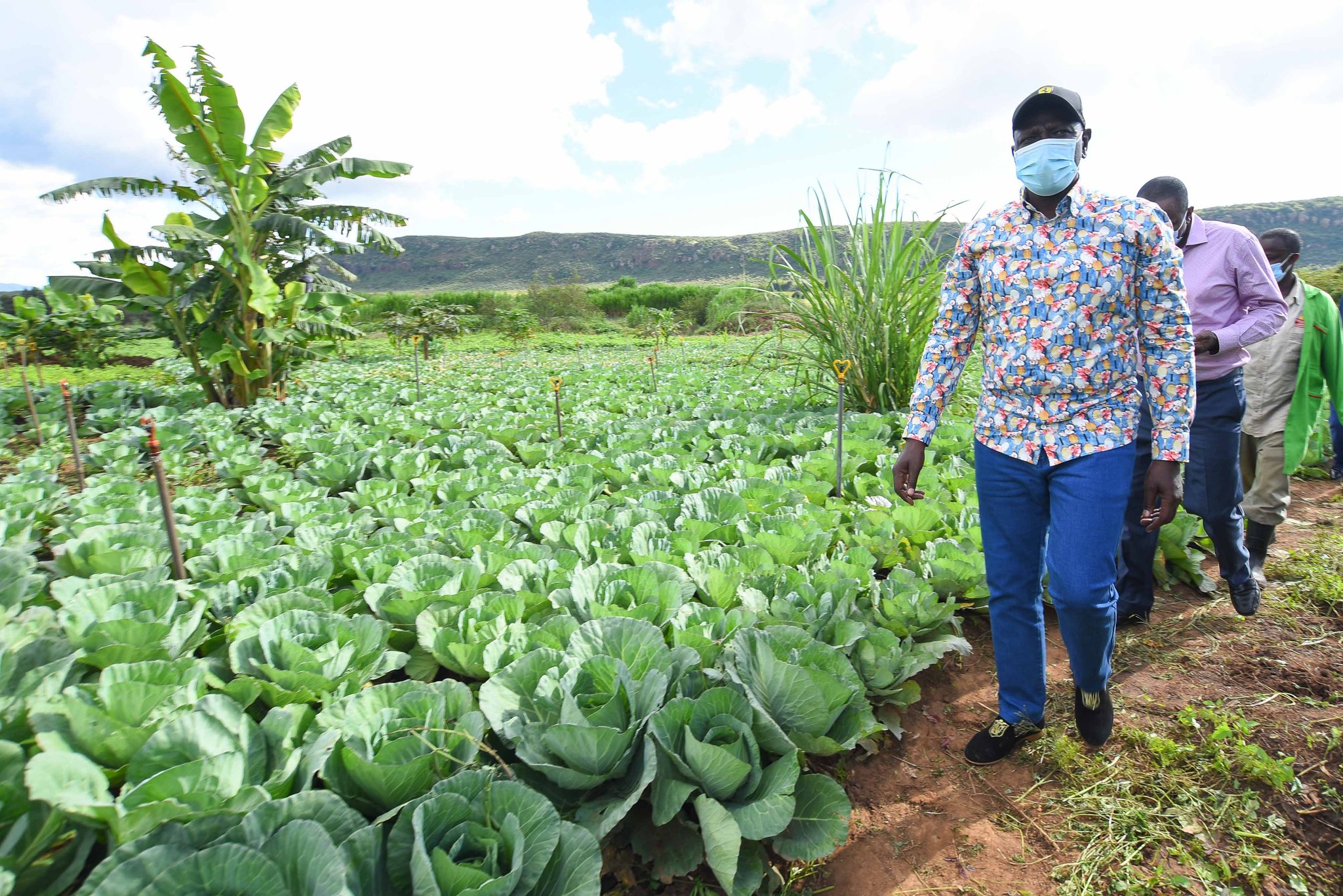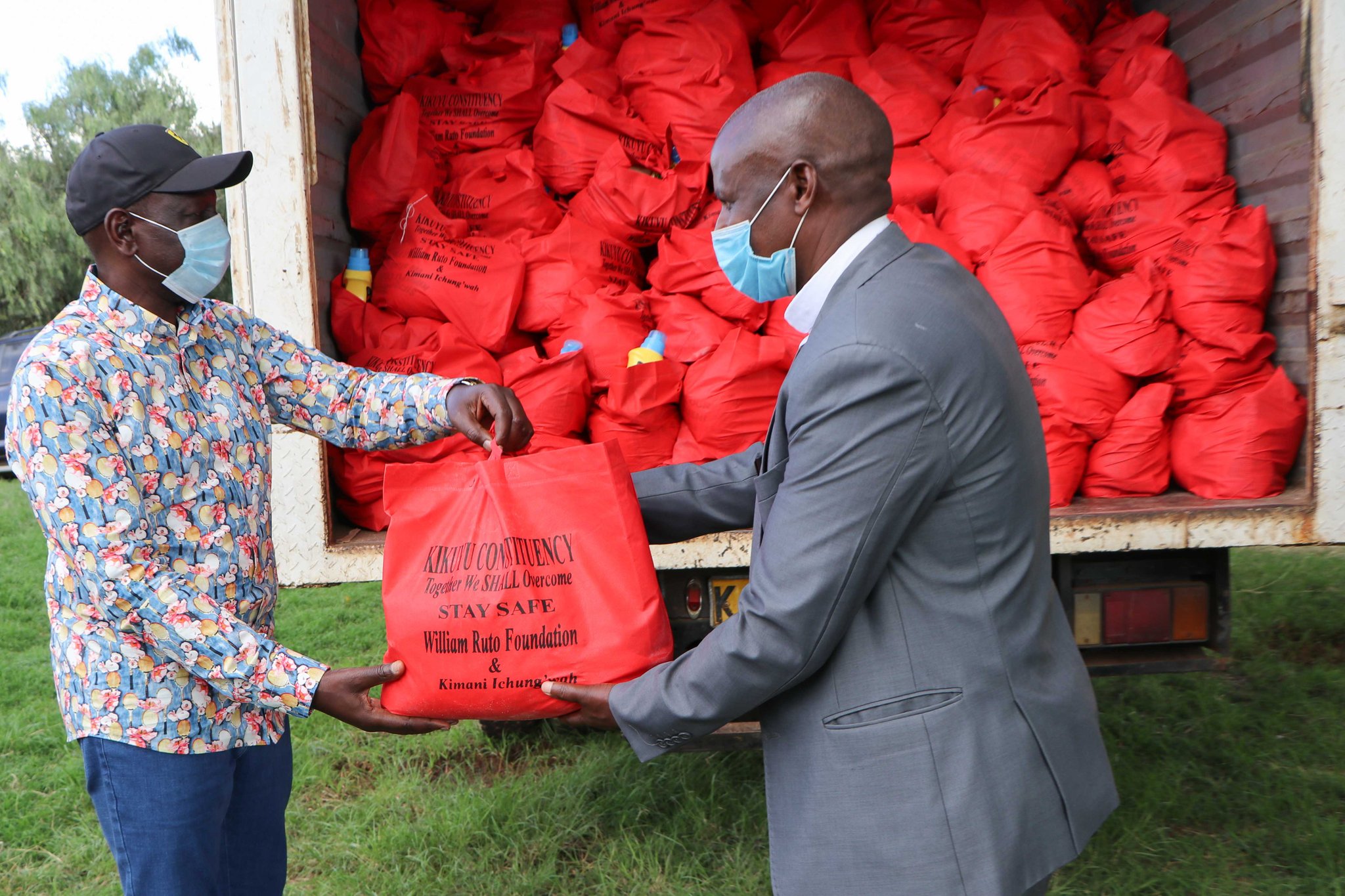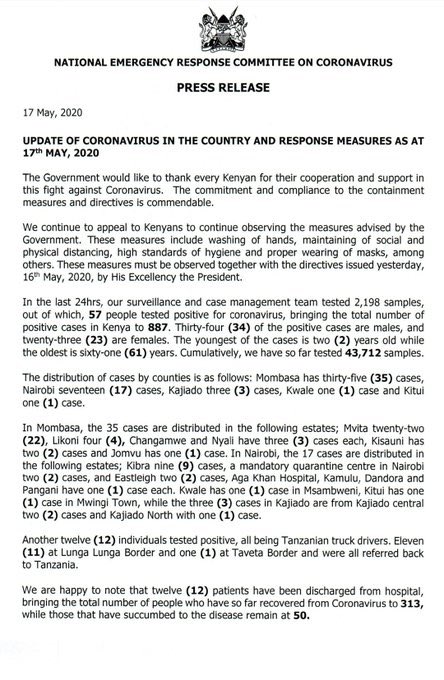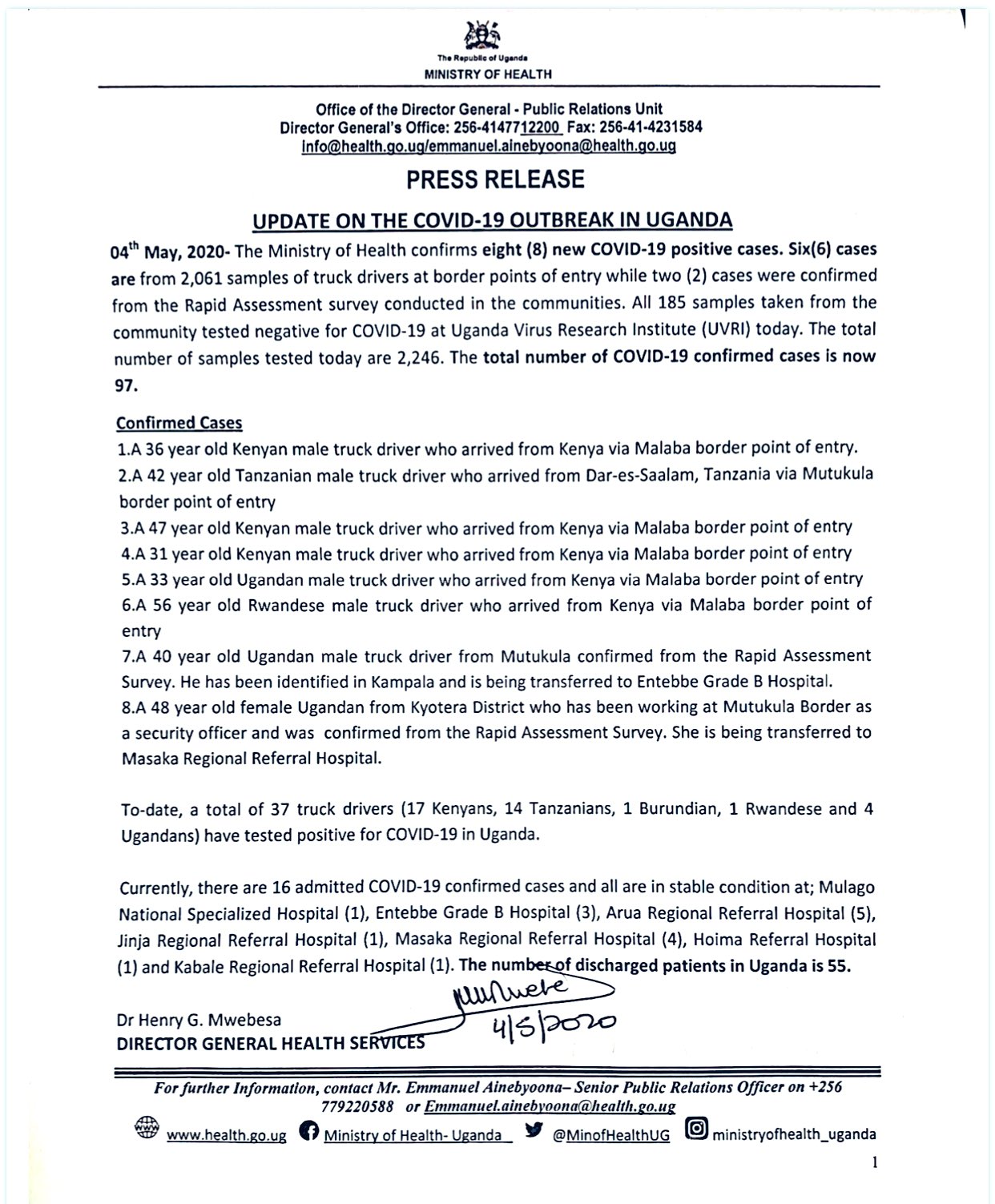Coronavirus Disease 2019 (COVID-19), a serious respiratory viral infection caused by a novel coronavirus named SARS-COV2 whose outbreak started in Wuhan City, Hubei Province in mainland China and has since spread globally has remained to be a thread to the entire world.
To offer a life-saving protection against the Covid-19 pandemic, scientists around the globe have worked so hard to come up with Covid-19 vaccines.
Despite the record speed at which they have been developed, COVID-19 vaccines have still been subject to the same checks, balances, and scientific and regulatory rigour as any other vaccine, and shown to be safe.
So far, the vaccines have been spread across the world, with African countries receiving donations from developed nations.
Kenya is among the countries that have been receiving the Covid-19 vaccines from donors around the world, and the country targets to vaccinate a large population by next year.
So far, Kenya has only managed to vaccinate a smaller percentage of her populations, with citizens being encouraged to come out in large numbers and get vaccinated.
However, the vaccination is currently among the requirements of international travels.
According to studies, fully vaccinated travelers are less likely to get and spread COVID-19.
However, international travel poses additional risks, and even fully vaccinated travelers might be at increased risk for getting and possibly spreading some COVID-19 variants.
To avoid such issues, many countries have denied entry to visitors who have not been vaccinated against Covid-19 pandemic.
In November 2021, Kenya’s Health Cabinet Secretary Mutahi Kagwe announced that only people who have got both shots of the vaccines, such as AstraZeneca, Pfizer or Moderna or the single shot Janssen jab will be able to access government services or travel across the country.
According to the health minister, all travellers to Kenya will have to carry a Covid-19 vaccine certificate.
After the announcement, Kenya joined Spain, Iran, Italy, Denmark, Israel and Germany in imposing such strict measures in the fight against the virus.
Kagwe said that visitors, tourists, travellers from the European region must be fully vaccinated and provide proof of vaccination before they enter Kenya.
But how is someone considered fully vaccinated?
Well, for you to be considered fully vaccinated, you have to meet the following conditions.
- You will be considered fully vaccinated 2 weeks (14 days) after your dose of an accepted single-dose vaccine
- Two weeks (14 days) after your second dose of an accepted 2-dose series
- Two weeks (14 days) after you received the full series of an accepted COVID-19 vaccine (not placebo) in a clinical trial
- Two weeks (14 days) after you received the full series of a Novavax (or Covovax) COVID-19 vaccine (not placebo) in a phase 3 clinical trial
- Two weeks (14 days) after you received 2 doses of any “mix-and-match” combination of accepted COVID-19 vaccines administered at least 17 days apart.
The United States of America has also advised U.S Citizens, U.S. Nationals, U.S. Lawful Permanent Residents, and Immigrants not travel internationally until they are fully vaccinated.
In case they travel, they have also been advised to always check their destination’s COVID-19 situation and travel requirements before traveling since countries may have their own entry and exit requirements.
When you travel to the United States by air, you are also required to show a negative COVID-19 test result or documentation of recovery from COVID-19 before you board your flight. You have been exposed to COVID-19, unless you are fully vaccinated or recovered from COVID-19 in the past 90 days.
People have also been discouraged to travel if they are sick or tested positive for COVID-19 and haven’t ended isolation (even if you are fully vaccinated).
You are also advised not to travel if you are waiting for results of a COVID-19 test. This is because the results may come back positive while you are at your destination. This means you will need to isolate and postpone your return until it is safe for you to end isolation.























